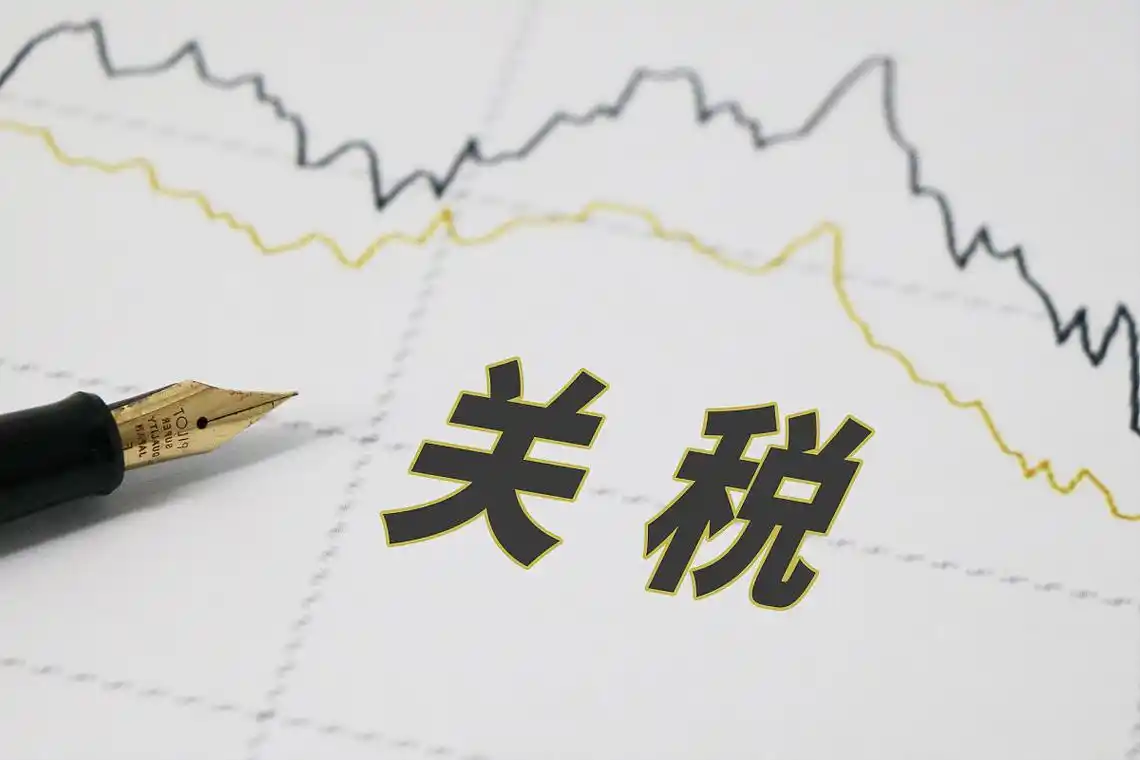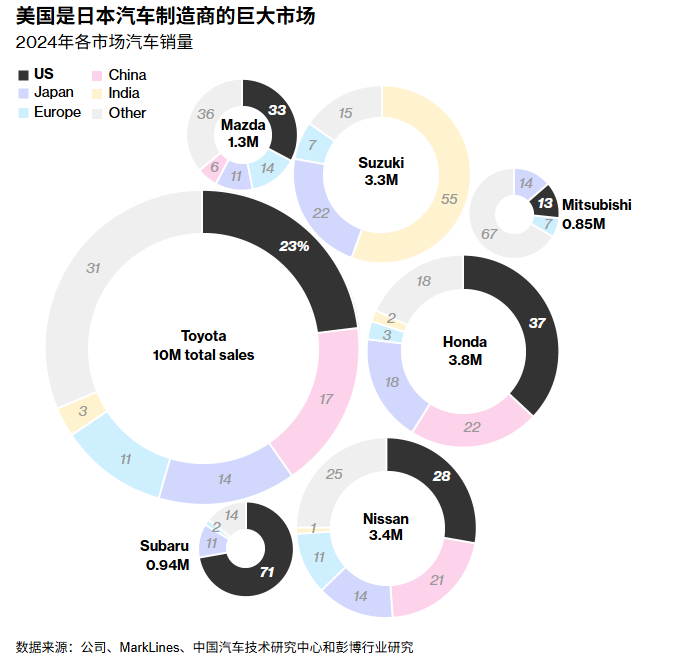BYD said at a company event on Monday that it will make its “Shenyan” driving assistance system a standard feature on all its models priced at over 100,000 yuan (13,684 US dollars) in China and incorporate it into several low-cost models, such as the popular Seagull hatchback. Analysts predict that this move will further intensify competition in China’s electric vehicle market, which is already the world’s largest, and where the Shenzhen-based company is a leader.
This move will popularize advanced driving functions and may help BYD (which sold over 4 million vehicles last year) widen its lead over Tesla and domestic rivals such as XPeng and smartphone giant Xiaomi, which have yet to offer such technology on low-cost cars.

Wang Chuanfu, the chairman of BYD, said at an event held at the company’s headquarters on Monday that this year “will be the first year for the popularization of intelligent driving.” “In the next two to three years, intelligent driving will become an indispensable part of people’s lives, just like seat belts and airbags.”
Faye Gao, the Asian equity portfolio manager at Lombard Odier Investment Managers, said: “BYD essentially offers a cost-effective solution and accelerates the commercialization of basic autonomous driving technology. This is a new front in the price war as BYD adds these features at almost the same price.”
Although assisted driving is one of the core battlefields for Chinese automakers, similar function vehicles from competitors usually cost more than 150,000 yuan, and some manufacturers charge extra fees to activate the technology. Tesla Inc. is waiting for Beijing’s approval to launch its trial of a feature it promotes as “full self-driving” but which requires continuous supervision. The company charges $99 per month in the United States.
BYD aims to deliver 5 million to 6 million electric and hybrid vehicles this year, up from 4.27 million in 2024. Bloomberg data shows that the company has become the seventh-largest automotive group globally in terms of sales this year.
Last year, BYD’s sales were only 25,000 units less than Tesla’s, making it the world’s largest pure electric vehicle seller. However, BYD is expected to surpass the company led by Elon Musk in terms of annual revenue and is likely to break through the $100 billion sales mark for the first time in 2024.
Shares of BYD rose 4.5% at the opening in Hong Kong on Tuesday, hitting a record high and pushing its market value to $132 billion, surpassing the combined market capitalization of Ford Motor Company, General Motors and Stellantis NV. Last week, BYD’s share price rose 21% on expectations of Monday’s event.
BYD also said on Monday that it plans to integrate the software of DeepSeek, a Chinese start-up whose open-source AI model stunned the global market last month. However, BYD did not specify a specific time. The company also claimed to have obtained China’s first Level 3 autonomous driving test license.

BYD’s statement was widely welcomed by analysts, who said that this move would give BYD an edge in competition with rivals such as Tesla.
Morgan Stanley analyst Tim Hsiao wrote in a report: “The sheer number of models launched may make it difficult for peers to respond in a timely manner.”
Although BYD’s share price has risen this year, its valuation is still far lower than that of Tesla. The current price-to-earnings ratio of the Chinese automaker’s stock is about 18 times, lower than its five-year average and less than one-fifth of Tesla’s.


